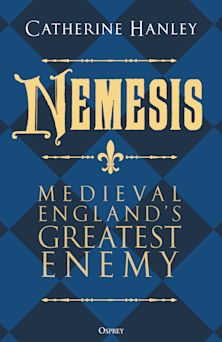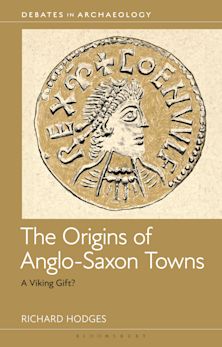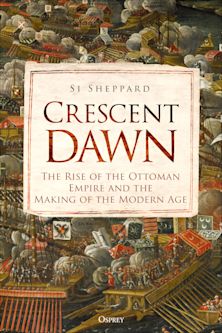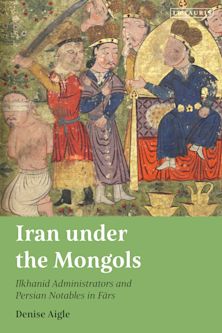- Home
- ACADEMIC
- History
- Medieval History
- Names and Naming in 'Beowulf'
Names and Naming in 'Beowulf'
Studies in Heroic Narrative Tradition
Names and Naming in 'Beowulf'
Studies in Heroic Narrative Tradition
You must sign in to add this item to your wishlist. Please sign in or create an account
Description
'Beowulf', one of the earliest poems in the English language, recounts a tale of heroism played out against the backdrop of Scandinavia in the 5th to 6th centuries AD. And yet, this Old English verse narrative set in Scandinavia is – a little surprisingly, perhaps – populated with names of German descent.
This insight into the personal names of 'Beowulf' acts the starting point for Philip A. Shaw's innovative and nuanced study. As Shaw reveals, the origins of these personal names provide important evidence for the origins of Beowulf as it enables us to situate the poem fully in its continental contexts. As such, this book is not only a much-needed reassessment of 'Beowulf''s beginnings, but also sheds new light on the links between 'Beowulf' and other continental narrative traditions, such as the Scandinavian sagas and Continental German heroics. In doing so, Names and Naming in 'Beowulf' takes readers beyond the continuing debate over the dating of the poem and provides a compelling new model for the poem's origins.
Table of Contents
List of Maps
Acknowledgements
List of Abbreviations
Introduction
1. The Geats, Brondings and Wylfings
2. The Scyldings, Heathobards and Helmings
3. The Scilfings
4. The Finnsburh Episode and the non-Scylding Danes
5. Weland and the Waelsings
6. The Continental Characters
7. A Glove in Hood's Clothing: Hondscio and the Narrative Tradition of Beowulf
Conclusion
Bibliography
Index
Product details

| Published | 17 Sep 2020 |
|---|---|
| Format | Ebook (Epub & Mobi) |
| Edition | 1st |
| Extent | 232 |
| ISBN | 9781350145771 |
| Imprint | Bloomsbury Academic |
| Illustrations | 12 bw illus |
| Publisher | Bloomsbury Publishing |
About the contributors
Reviews
-
Could it be true that narrative elements of Beowulf originated on the continent and were transmitted to early England in both written and oral form? These are the exciting conclusions of Philip A. Shaw, who analyzes the poem's personal names and ethnonyms as evidence of layered composition. Shaw's virtuosic book has given Beowulf a compelling ancestry.
Scott Gwara, Professor of English, University of South Carolina, USA
-
Philip A. Shaw's erudite, painstaking and ingenious survey of the names of all the human figures in Beowulf is one of the most significant contributions for years to scholarship on this famous poem. All those interested in the origins and transmission of Beowulf's story world will want to read it.
Richard Dance, Reader in Early English, University of Cambridge, UK.

ONLINE RESOURCES
Bloomsbury Collections
This book is available on Bloomsbury Collections where your library has access.


































